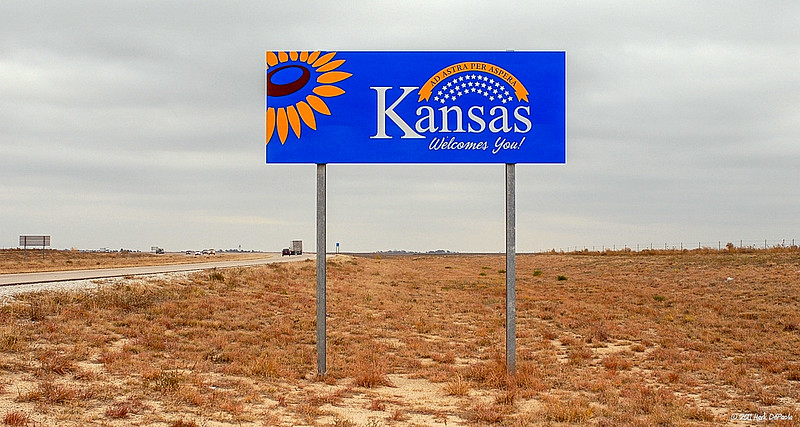
Recommendations for improving Kansas’ criminal justice system are here, and legislation is on the table this session to get them done.
After much time and effort, the Kansas Criminal Justice Reform Commission recently released their report to the 2021 Kansas Legislature, featuring numerous recommendations and legislative endorsements to fix issues faced by The Sunflower State.
While the COVID-19 pandemic caused consternation for the state budget, Kansas will likely now get over $1 billion from the Biden bailout bill.
Kansas Representative Stephen Owens touted the commission’s recommendations saying, “We must act now by making strategic improvements for a better path forward. Dedicated practitioners on the Kansas Criminal Justice Reform Commission have recommended a package of criminal justice bills which my colleagues in the legislature should pass this session.”
In an article published by the Wichita Eagle, Rep. Owens makes that case that the flaws in the criminal justice system are costing the taxpayers in Kansas a great deal, without delivering the public safety results they should expect.
These issues include counterproductive sentencing, punishing addiction without treating it, and regulations that prevent people from getting back into the workforce. All of these could be addressed by the recommended legislation highlighted in the commission report. Enacting these smart reforms that put public safety first, while making the system more efficient, would greatly improve Kansas’s criminal justice system.
The proposals aim to address growing prison populations that are projected to grow 14 percent by 2029, which would cost taxpayers an additional $209 million over that period. Factors that contribute to that growth include increased incarceration rates for drug offenses.
These offenses can be dealt with more effectively through treatment instead of only paying more for the problem through larger prison budgets. Formerly incarcerated people are often in need of additional treatment and assistance. It is estimated that 75 percent of people leaving Kansas prisons need substance abuse assistance. Given the connection between addiction and re-offense, it only makes sense to address addiction first, along with any other penalties.
Also, there are over 400 regulations in place that keep recently incarcerated citizens out of employment. Where relevant to public safety, restrictions are commonsense and well-founded, but where public safety is not a valid reason for blocking people from jobs, public safety is actually put at risk. Having a job is an important step to reintegrating with society, and helps prevent recidivism.
The Justice Center for The Council of State Governments also provides a good outline of the recommended legislation that Kansas lawmakers should enact this session. They include diverting more people charged with drug offenses to treatment or supervision, improve supervision by focusing resources, where they can be most effective, and expand access to reentry and employment support.
A list of corresponding legislation can be found here. If you would like to read the full report by the Kansas Criminal Justice Reform Commission, it can be found here.

